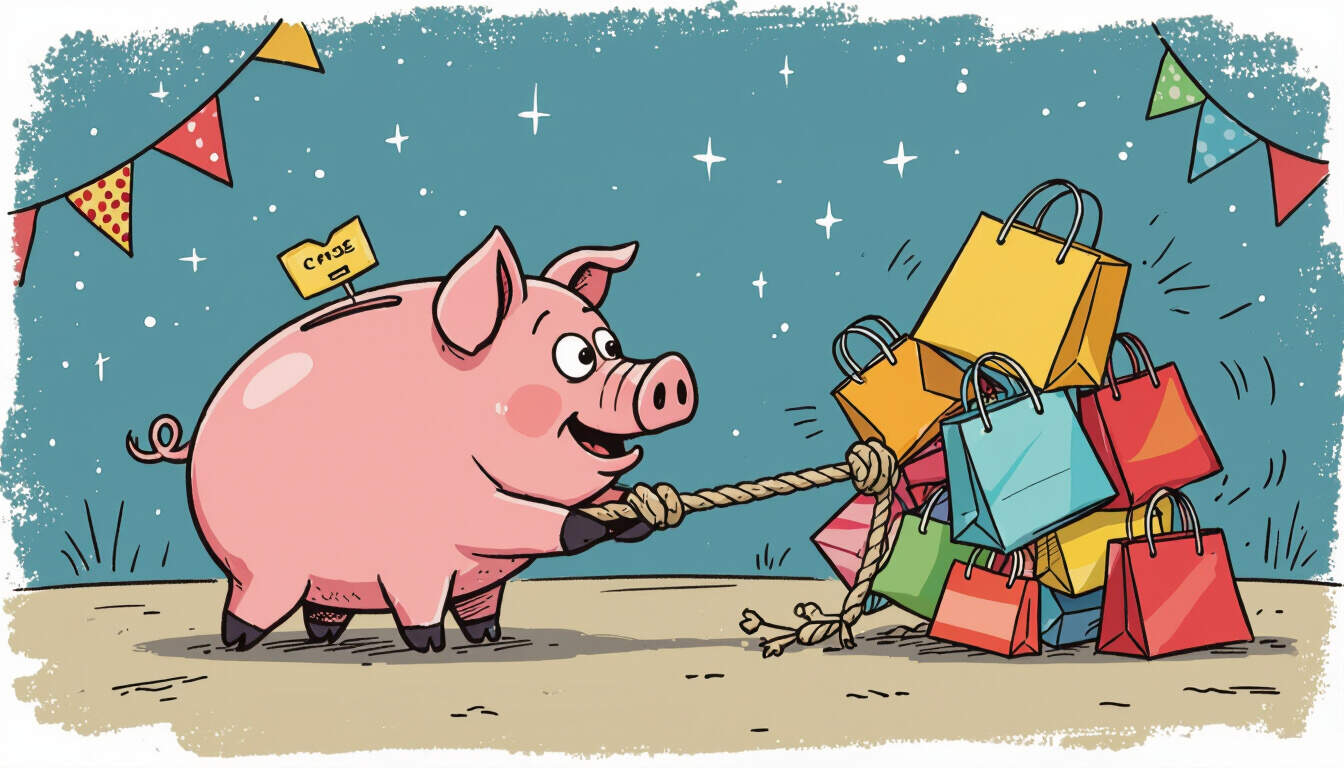Strategies for Controlling Discretionary Spending in Finance
 by Verner Mayer
by Verner Mayer
Controlling discretionary spending is key to better cashflow and financial stability for individuals and small businesses. Learn practical steps to identify, track, and reduce non-essential expenses for long-term growth, ensuring more funds for essential needs and investments.

Discretionary spending often represents the flexible part of budgets that can make or break financial plans. For small business owners and individuals, managing this aspect helps maintain steady cashflow and supports overall financial health.
One key concept is distinguishing between essential and non-essential costs. Essential expenses cover necessities like rent, utilities, and groceries, while discretionary spending includes items such as dining out or entertainment. By focusing on this difference, people can prioritize their funds effectively.
In personal finance, controlling cashflow starts with tracking daily expenses. Many use apps or simple spreadsheets to monitor where money goes each month. This practice reveals patterns, such as frequent coffee shop visits, that add up over time. For small businesses, similar tracking applies to operational costs, where unnecessary subscriptions or events might drain resources.
Effective strategies begin with setting clear limits. Individuals might allocate a specific percentage of their income to fun activities, ensuring it does not interfere with savings goals. Businesses can apply the same by reviewing quarterly expenses and cutting back on non-core items.
Tools like budgeting software play a role in this process. These programs categorize spending automatically, making it easier to spot areas for reduction. For example, a small business owner could use such tools to analyze marketing spends and redirect funds to more critical areas like inventory.
Benefits of Tightening Discretionary Spending
Reducing non-essential outlays offers several advantages. First, it frees up capital for emergencies or investments, promoting financial security. Individuals who cut back on luxury purchases often find they can build emergency funds faster, providing a safety net during tough times.
For small businesses, better cashflow management means more opportunities for expansion. By limiting discretionary costs, owners can invest in employee training or new equipment, driving growth without relying on loans. This approach also improves overall profitability, as less money is wasted on items that do not generate returns.
Practical Tips for Implementation
Start by conducting a spending audit. Review bank statements from the past few months to identify recurring discretionary items. Once pinpointed, create a plan to reduce them gradually. For instance, if entertainment accounts for a large portion, limit outings to once a week.
Another tip is to involve family or team members. In a household, discussing budgets openly encourages everyone to contribute ideas for savings. In businesses, staff input can highlight unnecessary expenses, fostering a culture of fiscal responsibility.
Consider seasonal adjustments too. During holidays, discretionary spending might rise due to gifts or travel. Planning ahead allows for adjustments, ensuring these periods do not derail financial goals.
Long-term, consistent control leads to habits that support sustained growth. Individuals may achieve debt reduction or retirement savings, while businesses could see improved profit margins and reinvestment potential.
Challenges and Solutions
Sometimes, external factors influence spending decisions. Economic shifts or personal events might tempt increases in non-essentials. To counter this, build flexibility into budgets, allowing for occasional adjustments without abandoning control.
For small businesses, fluctuating revenues pose a challenge. Regular reviews of financial statements help adapt quickly, keeping discretionary outlays in check. By staying proactive, owners maintain stability even in uncertain conditions.
Ultimately, the goal is balance. While controlling spending is important, completely eliminating enjoyment can lead to burnout. Aim for moderation, ensuring life remains fulfilling alongside financial prudence.
In summary, focusing on discretionary spending control builds a stronger foundation for personal and business finance. With deliberate steps and ongoing monitoring, individuals and small business owners can enhance their financial stability and pave the way for future success.
